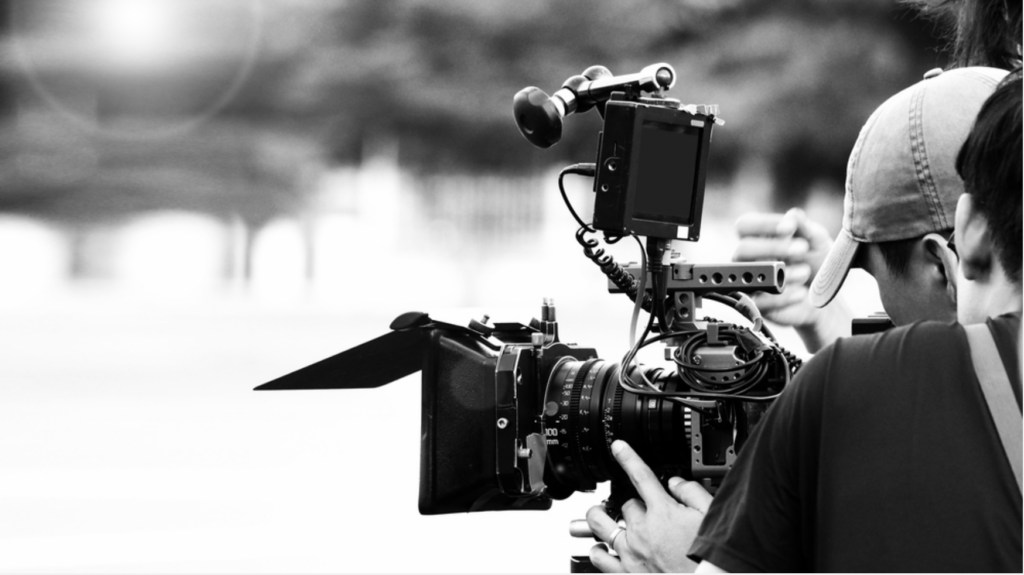By Lisbet Matz-Lyons, LLM Film Lawyer, Kreativ Jura Kreativ Law Aps

Your Documentary – What are Your Journalistic and Filmic Legal Duties and Rights
When you make a documentary you engage with others, be it a geographical place or personal space. Now you have your release forms in order, you are ready to proceed legally to film, edit and hopefully screen the finished documentary.
For the independent producer as well as director, this is a new legal minefield to navigate. Films are a mash-up of various rights and rules and regulations, often containing a mixture of rights in its approach to the storytelling. Music, presentation, inspiration and how you edit the film is of course your choice as a creative filmmaker, but these artistic choices come with restrictions.
What I mainly come across is the lack of awareness/respect for one’s role as a fact presenter and the use of material. This can be around copyright or it can be, as I will proceed with, journalistic duties and rights. As filmmakers have numerous roles, a major part of documentary filmmaking is actually being the role of an investigative journalist no matter the format or form. No matter how artistic a film is, if it is a documentary, it isn’t fiction. If it fictionalises or ‘invents’ anything, the documentary film should make this clear.
A filmmaker is also a journalist; a confidante; a creator based on agreements with others and the partition between these roles can be confusing or get lost in the process, especially in the absence of a story editor, other commissioner or buyer. But, when you sign off the film to be screened and shown around the world, you are back to not ‘just’ being the creative main force, but also liable for the content and not least the approach and editing of the content. You might have final cut, but you also have to respect the journalistic truth and not twist the story to your purpose of creating content or drama or cutting anything short.
You as a filmmaker also have certain rights, your right to freedom of speech, your right to expression.
The Charter of Munich was proposed in 1971 to alleviate the potential danger when writing as a journalist, and to ensure that both sides are respected in courts as well as legislation internationally, not just by journalists and various media, hereunder film, but also by counterparts and all parties with interest in the subject matter. It is accepted as authoritative within the profession and was later adopted by most journalists’ unions in Europe. (reporters without borders, online July 2022)
This is why the Munich Charter is a brilliant checklist for your work.
It holds you responsible for your decisions, but it also opens certain freedom of speech rights, which will keep those trying to curb your outspoken statements or angle at bay.
Investigative journalism and filmmaking for documentaries are similar. Two in-depth processes with a lot of researched/filmed/registered material, coming together in a longer-version presentation, often angled from a perspective or point of view, but also often with a conflict, which might irk those who disagree with that angle or prefer the whole subject matter to be kept quiet.
So, a world renowned and recognised charter is a great tool, not just to use when contacted by those who are trying to stop your message, but also a great ally should it ever be presented in court. Follow it and you will save hundreds of thousands of any currency for a legal defense in a worst case scenario.
The link I am providing is from the EU, but the Munich Charter is recognised worldwide. Certain states without democratically-elected governments, or where democracy is only by name, do not make use of it in its courts and legal system.
This is a legal self-awareness list on how to behave in and with your documentary: https://graphism.fr/wp-content/uploads/2017/03/charter-of-munich-english.pdf
Beware that the duties are double the rights. It reflects well on the process and the workload put onto the filmmakers to ensure their own film is on track with these requirements.
When the film is shot and the edit room takes over, this list is good to go back to from time to time to safeguard that you are still on par with the requirements. In editing there is a distance, as there should be, to the events and circumstances during the filming. But this new and fresh approach should never dull the duties you have as a filmmaker. Neither should it cross the line of oppressing truth or passing on incorrect information, nor twist statements or deliberately eliminate certain insecurities or balanced answers from participants in order to obtain a ‘better’ film.
Producers do need to also make certain that editors and others do not get too creative in order to promote a point or drive the tale to a more dramatic turnaround whilst losing the actual truth and the duty towards an event, person or presentation of a story. Having a meeting prior to editing where the charter is introduced and walked through, or even, as one of my clients has now, enter it as a requirement in the contract that the signee has familiarised themselves with the Charter of Munich and will act accordingly when working on the film
Once you know about the Munich Charter it is as obvious as sunshine and as clear as crystal.
Legally it allows you to maneuver in fairly tricky fields between upsetting potentials parties to events, powerful opponents and portraits depicted in your film. You can produce with more ease and not least, a good understanding of right and wrong, morals and ethics, duties and rights.
And really next time, copyrights and its exceptions in documentaries…

Lisbet is a film producer and a National Filmschool of Denmark graduate. She holds a Bachelor of Law in Copyright Eu Law from University of Copenhagen and is a Harvard Law School Copyright X graduate. She specialises in International agreements on film, design, and other copyright as well as related fields. Lisbet will share her expertise bi-monthly on Lisbet’s Legal Doc Column.
